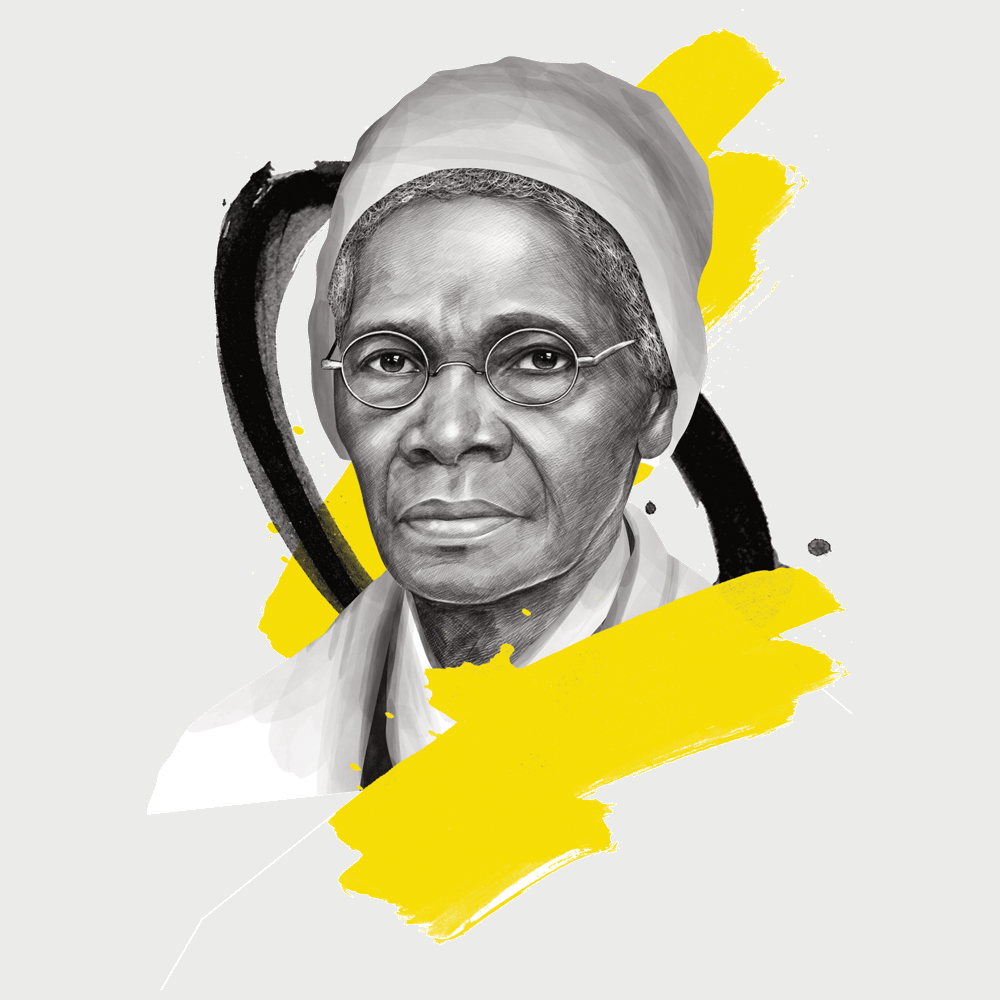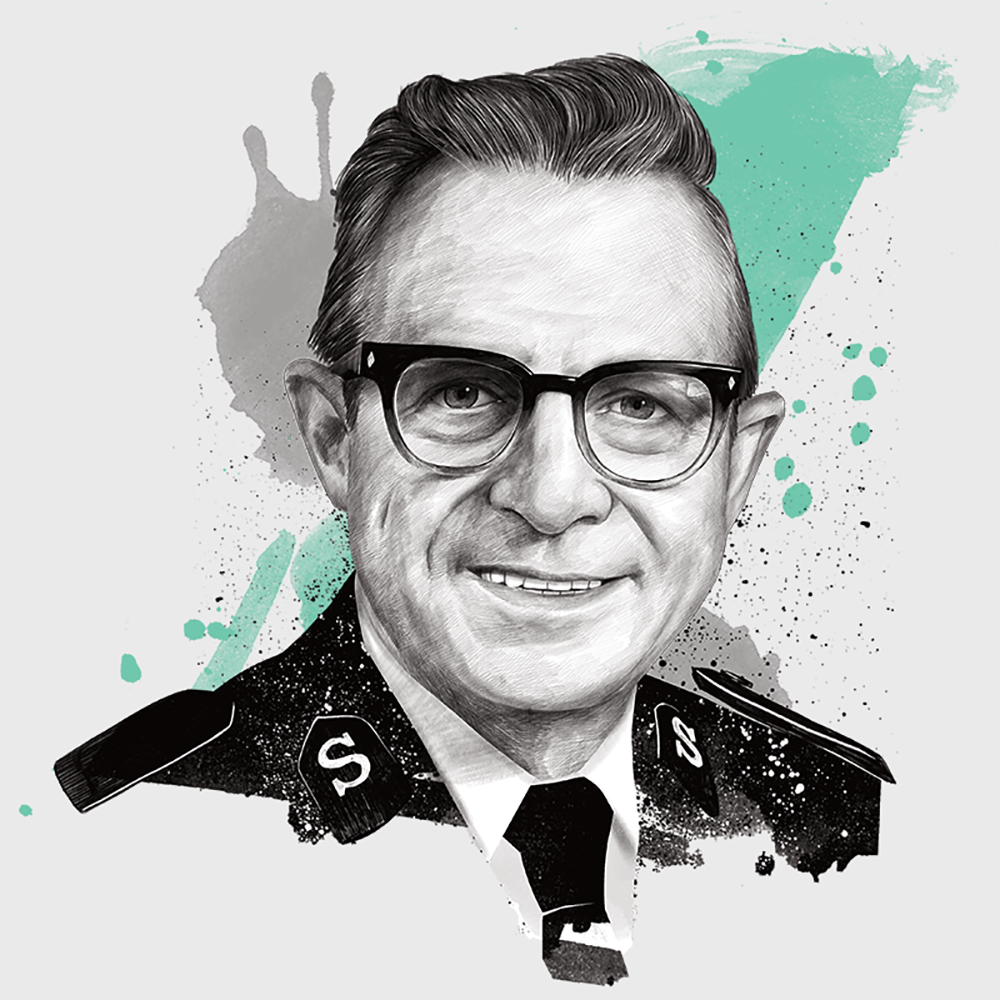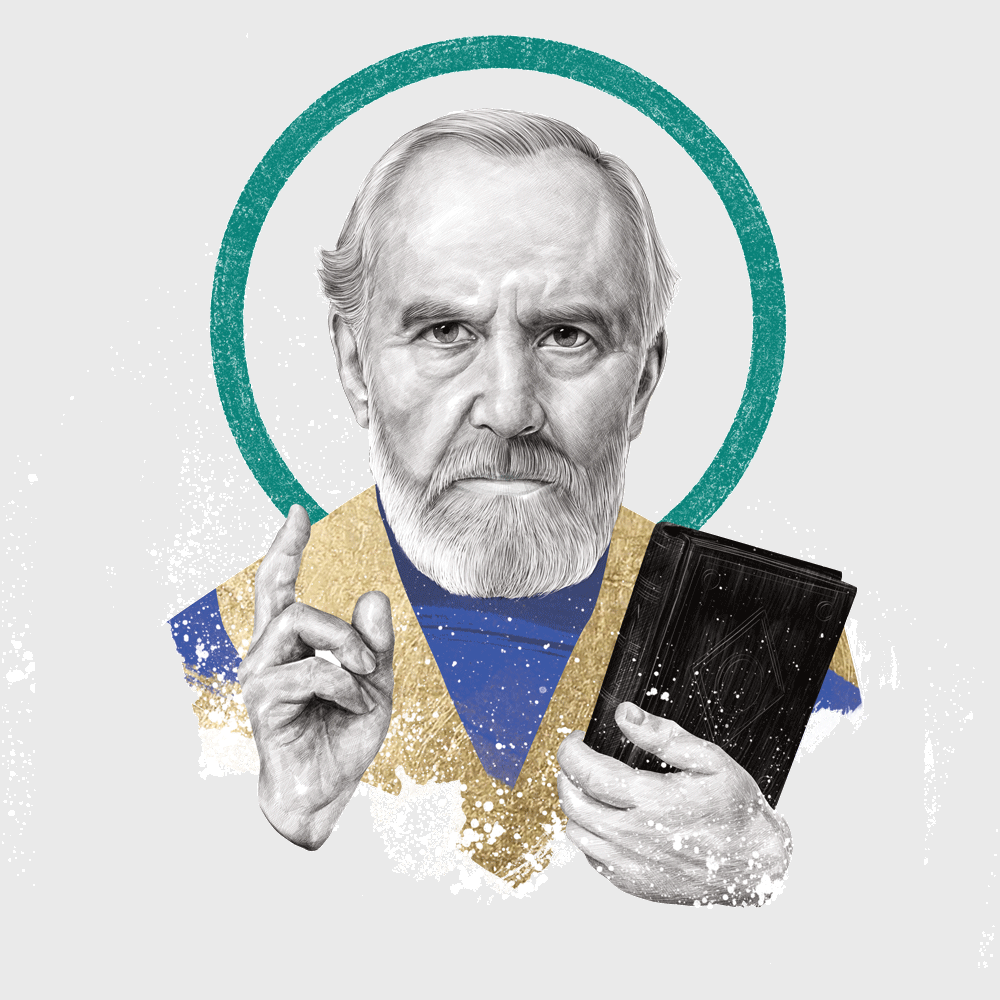Kyung Chan Kwon
Remember Christ’s words and the example of Kwon and his companions. In denying your own will and living wholly for Christ instead, your life will start to be transfigured.
Ever thought a small, first-grade girl would stand up to a 12-year-old bully? How about if she intentionally smacked him in the face with a textbook—breaking his nose and making him cry in the process—all just to tell him to stop being a jerk to another little kid? That’s exactly what happens in 2017’s Gifted, starring Chris Evans and Mckenna Grace. Mary Adler, the bold, 1st-grade math prodigy, is an extraordinary character beyond her number-loving brain.
In her reluctant apology to the class the next day, she recites: “Okay… I’m supposed to say something… hitting people is wrong… even if they’re bad… I won’t do it again… so… don’t be afraid of me.”
The last five words of her apology are very telling. They reveal an understanding that if we are perceived as dangerous, people logically may want to avoid us. But at what point is someone so dangerous that even the church would want to avoid them? Is that even possible? In the case of Kyung Chan Kwon, the answer was yes.
A FEARSOME REPUTATION
“I was born into a strict Confucian home,” Kwon wrote in the April 25, 1964 edition of The War Cry. “A willful child, I resisted discipline, and by the age of 10 had begun to drink and steal and was already an experienced gambler… My mother died when I was 13. With her influence gone I became more reckless than ever. My bad name spread throughout the village and neighboring communities. People avoided contact with me; I imaged they were afraid of me, and my self-importance grew.”
FINDING A NEW LIFE
With maturity, Kwon realized it was time for a change; otherwise, he foresaw his life becoming a disaster. The ways of Confucius were of no help to him in this regard, but he had heard a rumor that Jesus Christ was able to change people’s lives.
“One day a deacon… promised to send some church members to our village to preach the Gospel,” Kwon wrote. “They did not come. I knew it was because they felt they could do nothing for me and feared I would lead villagers in ridiculing and 6 persecuting them. [On another day], the deacon told me excitedly that The Salvation Army was to visit the village that night and hold a meeting. I waited impatiently, almost doubting [they’d] arrive, but they came at night-fall.” Kwon gave his life to God that night, and those who knew him were amazed at the conversion.
STRUGGLING FOR FREEDOM
At age 20, Kwon got married. Both he and his wife studied at the Army’s training college from 1926 to 1928. During their early days of service, Korea was under foreign rule and preaching was prohibited. Kwon dealt with the police many times for breaking this rule. Ten years later, the Church was still being persecuted and many ministers went to prison or resigned.
“By God’s grace I remained at my post until we welcomed freedom in 1945,” Kwon wrote. “Our joy at being a free nation again was cruelly short-lived. The country was to be divided by the *38th parallel; the north was under Communist control. This imaginary line became a death-line for many.”
LOCKED AWAY
While many Christians fled south, Kwon stayed to encourage those who remained up north. “Communication was cut off from headquarters in Seoul, and I was imprisoned twice,” Kwon recalled. “After my second release, I learned that most of my people had gone south and, with Salvationist work almost completely suppressed, I decided to get my family below the parallel. It took two years to accomplish this.”
When Kwon arrived in South Korea, he was appointed as the Training Principal. On June 25, 1950, the country was invaded.
“Two nights later,” Kwon recalled, “a military officer and several soldiers entered my house and took my two sons and me to jail.We were put in a large room with any other Christian workers. After a long interrogation, we were released.” Not long after, Kwon’s family took refuge from war below an Army property owned by the Seoul Girls’ Home, where they kept track of the days so they could worship together on Sundays. Because the city was essentially under constant air attack, they hardly ventured out. If they dared do so it was only to search for food. One day while out searching, Kwon was taken prisoner again. “A gun was rammed against my stomach, and I thought this was the end, but God delivered me,” he said.
PULLING THROUGH
The city of Seoul was eventually freed, but Kwon’s struggle wasn’t over. More fights broke out and he became one of hundreds of refugees who fled to an island. As always, Kwon and those with him kept Sundays holy by worshipping God in the midst of their circumstances.
Toward the end of the war, Kwon was sent back to Seoul to take over the Army’s work in the area as Divisional Commander. “I felt like Nehemiah returning to the ruined city of Jerusalem,” he recalled. “Our halls were destroyed, our people scattered. It looked a hopeless task to reorganize the Army. But nine of us met together for our first meeting, and the great work of rebuilding was begun. When I think of the many times I escaped death in the past and of those I saw die in jail, I [wanted] to be dedicated more than ever.” In the years following, Kwon helped opened many corps and reminded others of God’s continuing goodness until he was promoted to glory.
*The 38th parallel was the line that formed the border between North and South Korea prior to the Korean War.
THE BODY OF CHRIST
Before converting, Lt. Colonel Kyung Chan Kwon had a terrible reputation. The entire village was scared of him, and even those in the church avoided him. Though understandable, this fear is not exactly Christ-like. When he was finally welcomed into the body of Christ (1 Corinthians 12), that is the church, he became a great asset to all. He built up the church and encouraged the faithful during some of the roughest times of their lives. Nobody is too far gone; if they truly desire to seek God, a transformation will follow.
ONE THING NEEDED
That transformation will be evident in a person’s life. For Kwon and his companions, despite being imprisoned, suffering through war, and becoming refugees, they always remembered to praise and thank God. Worshipping Him, seeking His guidance, and remaining true to their faith were the priorities. Their dedication is a strong example of the attitude all Christians should have in maintaining their devotion to God.
In Luke 10, Christ tells Martha that she needn’t be worried, troubled, or distracted by earthly cares. Instead, He reminds her that “one thing is needed” (v. 42, NKJV): to seek God.
If you are struggling with anything, from pushing your worries aside to simply getting up on Sunday morning to go to church, remember Christ’s words and the example of Kwon and his companions. In denying your own will and living wholly for Christ instead, your life will start to be transfigured.
This article was originally published in the May 2018 issue of YS.



